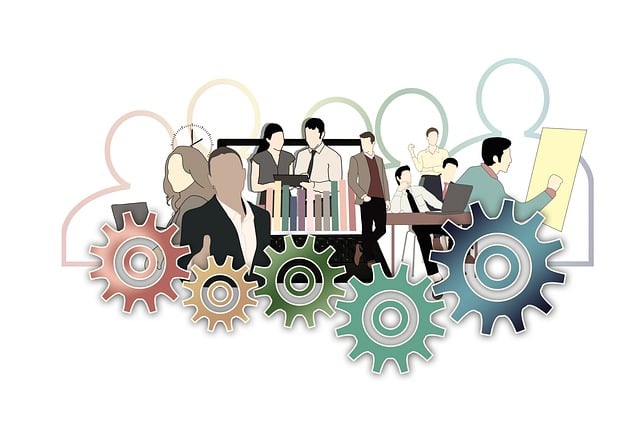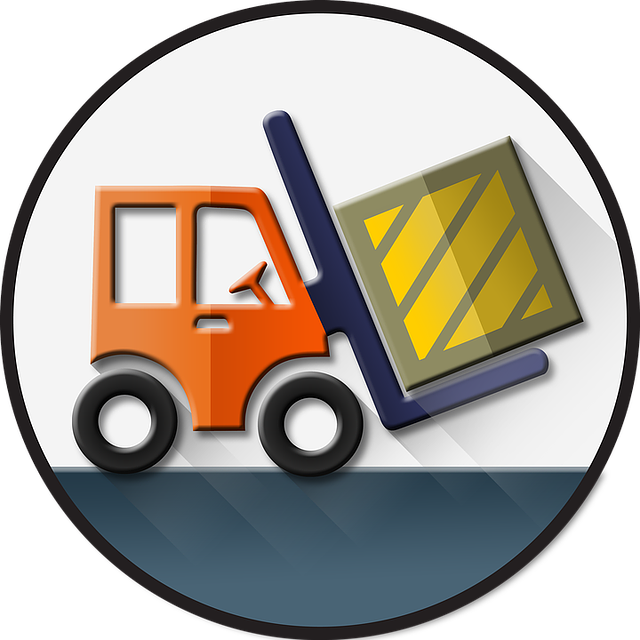Email marketing for digital marketing strategizes customer engagement through automated, personalized content based on segmentation and AI. Integrating it with sales funnels, CRM, and social media automation enhances lead nurturing, conversion rates, and brand prominence. Lifecycle campaigns tailored to buyer journeys optimize interactions using data insights from tracking open rates, click-throughs, and conversions for continuous refinement.
In today’s digital landscape, email marketing remains a powerful tool for engaging customers. To maximize its potential, integrating email campaigns with digital sales funnels is essential for driving conversions and boosting sales. This article delves into understanding digital sales funnels, strategically integrating email marketing, designing effective lifecycle sequences, and optimizing campaign performance. By leveraging these insights, businesses can enhance their digital marketing strategies and elevate customer experiences.
- Understanding Digital Sales Funnels
- Integrating Email Marketing Strategically
- Designing Effective Lifecycle Sequences
- Optimizing and Analyzing Campaign Performance
Understanding Digital Sales Funnels

Digital sales funnels are a strategic approach to guide potential customers through various stages of the buying process, from initial interest to final conversion. It involves creating a structured path that mimics the customer’s journey, allowing businesses to build relationships and drive sales effectively. Email marketing plays a pivotal role in this strategy as it enables marketers to engage with leads at each touchpoint. By segmenting subscribers based on their behaviors and preferences, brands can send targeted emails that resonate with individual customers, fostering trust and encouraging them further down the funnel.
Understanding customer behavior is key to optimizing these funnels. Marketing automation tools, integrated with AI chatbots, can provide valuable insights by analyzing subscriber interactions. These technologies help personalize communications, ensuring each email aligns with the recipient’s stage in the buyer’s journey. This level of customization enhances engagement and improves overall conversion rates, making digital sales funnels a powerful asset for any business aiming to excel in email marketing for digital marketing while efficiently managing customer relationship management.
Integrating Email Marketing Strategically

In today’s digital era, email marketing stands as a powerful tool for engaging customers and driving sales. When integrated strategically into your digital marketing efforts, an email campaign can act as a compelling complement to your sales funnel. By segmenting your audience based on their interests, purchase history, or browsing behavior, you can tailor messages that resonate with them at each stage of their customer journey. For instance, a missed call text back feature can be used to capture leads’ contact details and immediately initiate communication, fostering a sense of urgency and personal connection.
This strategic approach enhances the effectiveness of your ecommerce solution by nurturing relationships and guiding prospects towards conversion. Email marketing allows for continuous interaction, providing valuable information, offers, or reminders that keep your brand top-of-mind. Whether it’s through automated triggers or personalized content, each email in the lifecycle campaign contributes to building a stronger connection with customers, ultimately increasing the chances of successful sales conversion.
Designing Effective Lifecycle Sequences

Designing effective lifecycle email sequences is a strategic move for any digital marketing plan, especially when integrated with sales funnels. These sequences go beyond mere transaction; they nurture relationships by providing relevant content at each stage of the buyer’s journey. For instance, a welcome series can introduce new subscribers to your brand and products while an abandoned cart sequence gently reminds potential customers about items left behind in their shopping carts, encouraging them to complete their purchase.
Segmentation plays a crucial role in this process. By dividing your subscriber base into groups based on demographics, past purchases, or browsing behavior, you can tailor content more precisely. An ecommerce solution benefits from such segmentation as it allows for targeted promotions of relevant products, increasing the chances of conversion. Marketing analytics also become invaluable here; tracking open rates, click-throughs, and conversions in your email campaigns enables you to refine sequences continually, ensuring they remain effective and aligned with your digital marketing objectives.
Optimizing and Analyzing Campaign Performance

Optimizing email campaigns is an art that combines strategic design, compelling copy, and data-driven insights. By analyzing key metrics such as open rates, click-throughs, and conversion rates, marketers can fine-tune their messaging to better resonate with target audiences. Advanced tools offer A/B testing capabilities, allowing for the experimentation of subject lines, content, and send times to identify what drives engagement and sales. This continuous refinement process ensures that email marketing for digital marketing remains a powerful tool in the ever-evolving landscape of customer acquisition and retention.
Integrating lifecycle campaigns with Customer Relationship Management (CRM) systems enables marketers to personalize communications based on user behavior and preferences, fostering stronger connections. Furthermore, leveraging social media marketing automation and text message marketing can enhance customer engagement by delivering targeted updates and offers across multiple channels. These strategies collectively contribute to a seamless digital sales funnel experience, where each touchpoint is tailored to move prospects through the conversion journey more efficiently.
Email marketing plays a pivotal role in navigating digital marketing landscapes, especially when integrated into robust sales funnels. By understanding customer journeys and tailoring communications through strategic email campaigns, businesses can significantly enhance conversion rates. Designing effective lifecycle sequences that educate, nurture, and convert leads is key to success. Continuous optimization and analysis of campaign performance ensure that each touchpoint resonates with the audience, ultimately driving digital sales growth.
